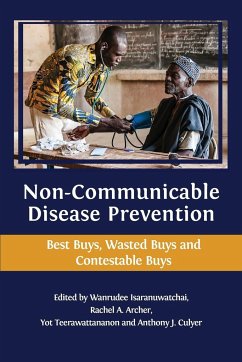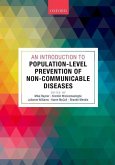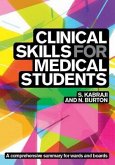Non-communicable diseases (NCDs) are the leading cause of death worldwide, contributing to over 73% of all deaths annually. Each day NCDs cause more than 100,000 deaths, 80% of which occur in low- and middle-income countries. NCDs, however, are largely preventable, and a great deal of technical knowledge exists about how to prevent and manage them. Why, then, have we, as a global community, not been more successful at reducing this NCD burden? Does a universal problem not have a universal solution? Created by an international consortium of experts, this informative and accessible book provides practical guidelines, key learning points, and dynamic, real-world case studies to aid NCD program managers, policy officers and decision-makers in low- and middle-income countries, so that they can assess interventions for the prevention and control of NCDs. The book was commissioned by the Prince Mahidol Award Conference (PMAC), an annual international conference centred on policy of global significance related to public health. NCD Prevention: Best Buys, Wasted Buys and Contestable Buys emphasises the importance of context in NCD control and prevention, arguing that the success of an intervention lies in an ability to respond to local needs and environments. The book comprises ten chapters, which collectively explore the reasons behind, and strategies for, preventing and managing the NCD burden. It spans key themes such as political economy, the transferability of economic evidence, the role of cross-sectoral policies, the importance of deliberative processes, and health technology assessment. This book is written for the benefit of the global health community, and is primarily targeted at those individuals who are involved in NCD programs. This book will also be of interest to NCD champions, policy advocates, and educators spearheading the movement for increased visiblity of NCDs.
Hinweis: Dieser Artikel kann nur an eine deutsche Lieferadresse ausgeliefert werden.
Hinweis: Dieser Artikel kann nur an eine deutsche Lieferadresse ausgeliefert werden.








